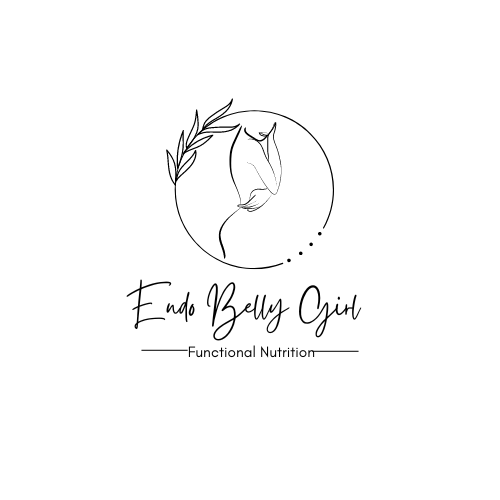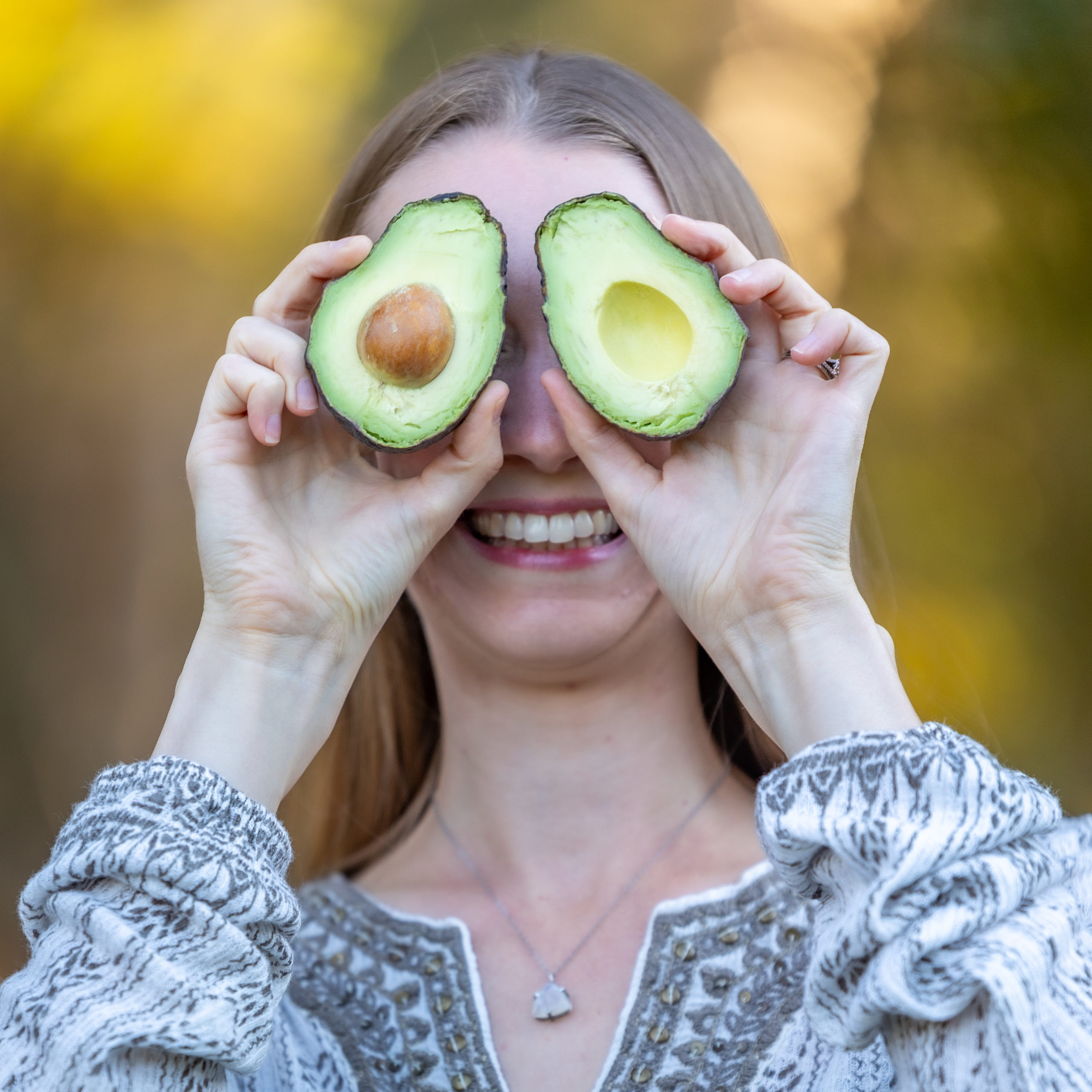On average, it takes 7-10 years for someone with endometriosis to receive a diagnosis. 7-10 YEARS! That means 7-10 years of pain, fatigue, confusion, frustration, and feeling so very alone. Why is this such a big issue and why does it take so long?? Well, a big piece of that puzzle lies in endometriosis awareness.
Think about it: if you have never heard of endometriosis and have no idea that it is a possibility, why would you go to the doctor to investigate?
In addition to that, I believe that it is so important to help women to really understand their bodies and what their menstrual cycles should look and feel like. So many women, myself included, wait for years to go and get help simply because we don’t have a full understanding of what is “normal.”
I also believe there is a lack of education amongst school nurses, doctors, and other medical professionals that can also prevent women from being diagnosed as early as they could and should be.
Let’s dive in!
Endometriosis Awareness Part 1: Knowing What It Is!
When I mention to someone that I have endometriosis, I can’t tell you how often I get the reply of “what’s that?” In fact, when I was sitting in my doctor’s office after a pelvic ultrasound and she mentioned she saw what looked like endometriosis on my right ovary, that is the very question that I had asked her!
I went home knowing not a whole lot more than when I walked in the door, so of course I grabbed my laptop as soon as I got home and started doing some good old Googling.
Now I suppose that would be a relatively common phenomenon if you had some sort of rare disease that only affects 0.01% of the population. But endometriosis affects 1 in 9 women. That is roughly 190 million people globally. Excuse my language here, but holy shit!
How is it possible to have not heard of a disease that is that common?? Well, this is the part where I believe it is important for people who are struggling with endo have a role to play. Do what feels right and best for you of course, but I encourage you to share a bit of your journey in some way. Even with one person. Or share it with the world if you see fit!
Sharing information on symptoms and what to look for is especially important for the young women of the world. We talked about how it currently takes 7-10 years to receive a diagnosis…what if we could significantly cut that down just by helping young women know what to look for and therefore get the support they need sooner?
Endometriosis Awareness Part 2: Knowing what “normal” looks like
Okay, friend, this one is huge. Much bigger than I ever knew in my younger years. From the time that I started menstruating at age 14 until I began my healing journey in my late 20s, I thought that I knew what a normal menstrual cycle was like, but what I really knew is what is common. Those are two very different things.
As a young woman, it seemed like everyone around me experienced cramps, PMS, cravings, fatigue, and mood swings around their period. Why would I even think that there is something “off” when so many others were experiencing the same thing?
But do you know what a truly healthy, normal period should look like? If not, I will take a moment to enlighten you. A normal period should be free of pain, minimal shift in mood and energy (a little bit is normal due to the sudden drop in hormones), minimal to no clots, using between 6-12 fully soaked tampons throughout the length of your cycle, and bleeding for anywhere between 3-7 days. The full length of your cycle should be anywhere between 25-35 days and around the same length each cycle.
If this sounds like you, amazing! If you have endometriosis, I am going to guess that this is probably not the case. But you know what, it can be. You heard me. I used to dread being on my period each month, with the debilitating pain and fatigue, PMS, heavy bleeding…you name it. More on that another day. Be sure to join my email list so that you can receive the latest tips, updates, and support so that you can do the same!
Endometriosis Awareness Part 3: Educating the medical professionals of the world
I am thankful to live in a world where there are doctors who specialize just in endometriosis. I myself worked with an amazing and talented surgeon who performs endometriosis excision surgeries every day. She knew exactly what to look for and where. We were able to have a discussion beforehand about my symptoms and ultrasounds and make a mutual decision that surgery was the right option for me.
Now, not everyone is an endometriosis specialist and that is okay. There are many other caring and talented primary care doctors, gynecologists, and various types of nurses who work with the more general population.
So, what about those people who don’t know they have endometriosis yet? What about them? If they do get to the point where they listen to their intuition that something is “off” and they need support, it is very likely that they will go to a more general practitioner first. At best, a gynecologist like I did since my main symptoms were surrounding my periods.
But what if that doctor knows little to nothing about endo? What if they know little to nothing about what a normal menstrual cycle looks like? Well, what often happens is that women leave these offices feeling dismissed, not listened to, or just plain crazy. They leave without answers or the support they need.
What if these practitioners were equipped with more awareness of what endometriosis is and who the specialists are that can really help? What if they knew the signs and symptoms to look for in order to quickly refer out to these specialists and give their patients the support they need?
Start from square one
On this note, what about even starting with school nurses, especially amongst high schools and even middle schools? I certainly had moments in my high school years when I would go see the school nurse because I was in pain and couldn’t make it through my classes. I was given some sympathy, but little else. I do have to wonder what would happen if she had sat me down, talked to me about what a normal menstrual cycle should be like, and suggested that I go see a doctor to be screened for endometriosis.
As it was, no one even mentioned the possibility to me until I was 28 years old.
It so happens that the organization Endo What? has an initiative to do that very thing, so if you know a school nurse who could benefit from it, be sure to click here for more information. There are also toolkits available for primary care physicians and pediatricians. You can also make a donation on that page to help those kits reach the people they need to reach.
I, for one, am so incredibly grateful to see some action being taken and getting one step closer to helping the next generation get the support they need!
As a side note, the documentary Endo What? as well as Below the Belt by the same organization are also wonderful resources and must-watch films for endo warriors and their families! You can access the films here.
A starting point for endometriosis awareness
If you want somewhere to start right now, share this article with someone. Share it with one friend or share it on social media for the world to see. Or email it out to everyone you know.
If you are an endo warrior yourself, pick one person to share your story with. Or if you feel comfortable, share it with the world. I would love to hear from you as well, so feel free to share your story with me! I love to be a listening ear.
“Just as ripples spread out when a single pebble is dropped into the water, the actions of individuals can have a far-reaching effect.” -Dalai Lama
Getting support as an endo warrior
My best recommendation if you are an endo warrior yourself is to build a team that you trust around you. Find a good doctor who you trust, hopefully an endometriosis specialist who can perform a skilled surgery when or if it is needed.
Also remember that surgery isn’t everything! Holistic support like nutrition, gut healing/digestive support, stress management (all part of Thrive With Endo), as well as pelvic floor therapy, acupuncture, and massage can all be of huge benefit to managing this chronic, full body disease.
I encourage you to reach out to me if you ever need support, even just a listening ear. You can contact me here anytime and I will be ready to listen.
If you are ready to dive in and give your body that deep support that it needs and learn to heal from the inside out, I would love to see you inside of my Thrive With Endo program. Click here to learn more and apply today!
Much love, my friend!


